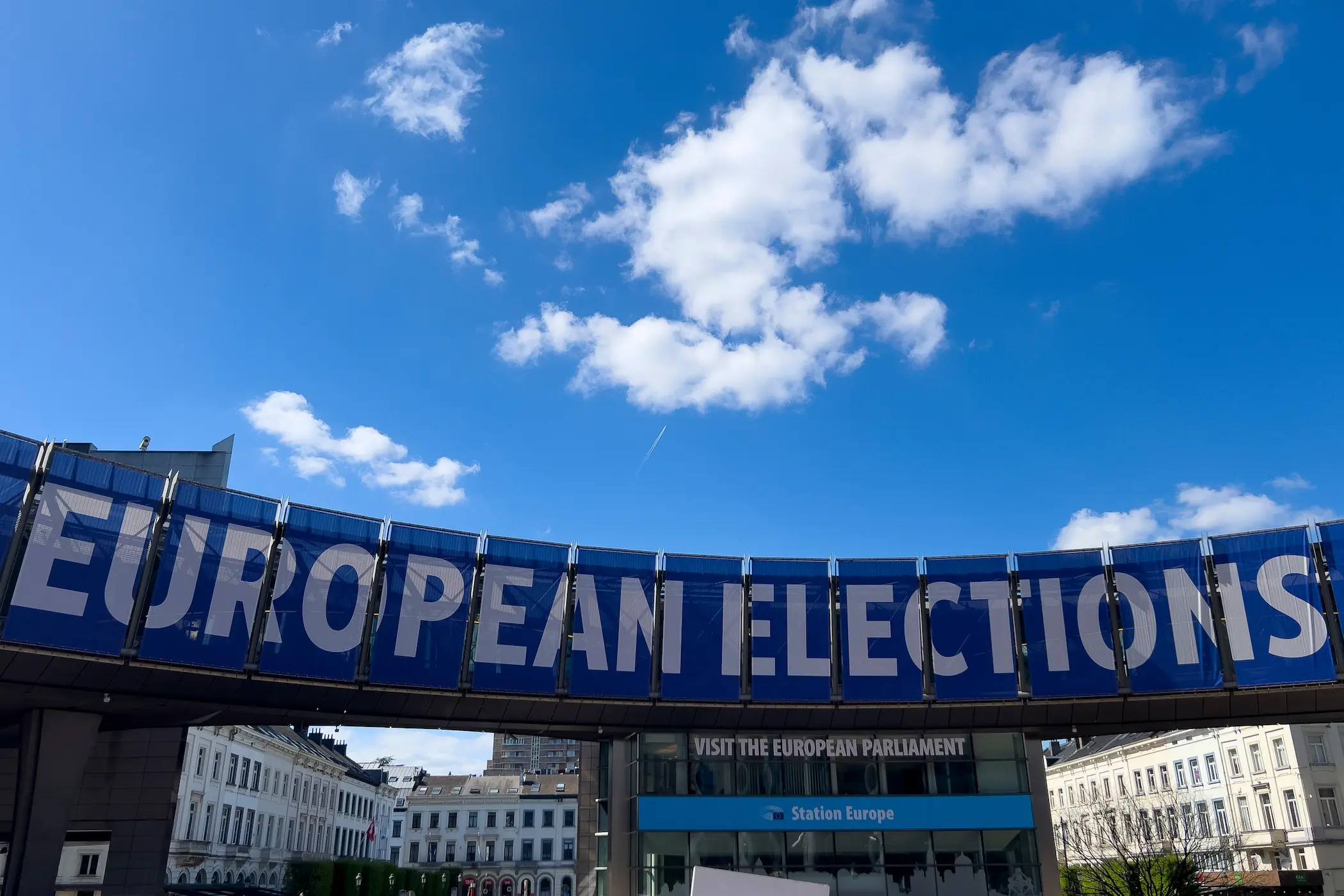10 Mar 2025
Sanctions and Self-Sufficiency: The Evolution of Iran’s Manufacturing Sector
For decades, Western countries, especially the United States (U.S.), used sanctions as a common tool to promote democracy and prevent certain nations from developing nuclear or chemical weapons. Iran, due to its efforts to develop nuclear weapons and other advanced technological weapons, has become a prime example, facing one of the strictest sanctions regimes in the world since the 1979 Iranian Revolution. These measures including the U.N. Security Council embargoes in 2007 and 2015, have had a major impact on Iran’s economy. However, alongside the economic hardship, sanctions have also spurred the growth of a domestic manufacturing sector, especially in defence and military industries, demonstrating the country’s capacity to adapt to hardship.
5 Jun 2024
Rescheduling: Prioritising Arms over Development on the European Parliament’s Agenda
European Parliament (EP) elections have historically garnered less interest from European voters,* as domestic issues have typically dominated their concerns. Consequently, topics such as defence and security have seldom been central to European election campaigns. However, this situation has changed dramatically in recent sessions. The influx of refugees arriving on European shores and the ominous threat of war looming over the continent have shifted the focus. As a result, Europe now finds itself precariously close to a crisis that threatens to undermine the development and reconstruction efforts of the past seventy years.
Therefore, regional issues began to be politicised and exploited in European Parliament elections as security and defence issues became more urgent. Parties shifted away from discussing the Union's broader policies, focusing instead on these pressing issues, which started to play a significant role in shaping voter preferences. Consequently, these topics became more influential in determining electoral outcomes at various local government levels, ultimately impacting decisions at the level of the European Union (EU).
This analysis examines the positions and attitudes of the main groups within the European Parliament on crucial defence issues facing the EU and how these positions are reflected in the political formulation of their policies.
16 May 2024
Why the EU Elections Matter
The stakes are high for the EU elections which are set to take place on June 6. Since the last elections in 2019, the bloc has faced a significant number of complex challenges with the COVID-19 Pandemic and ongoing Russia-Ukraine War shocking the bloc’s economy and energy security, bringing to surface critical questions about common foreign and defence policy and triggering a crisis of misinformation, potential foreign extortion, and anti-EU sentiment to name a few. While the 2024 elections are expected by many to be a difficult test for European solidarity and resilience, they also have implications that reach beyond the bloc.


